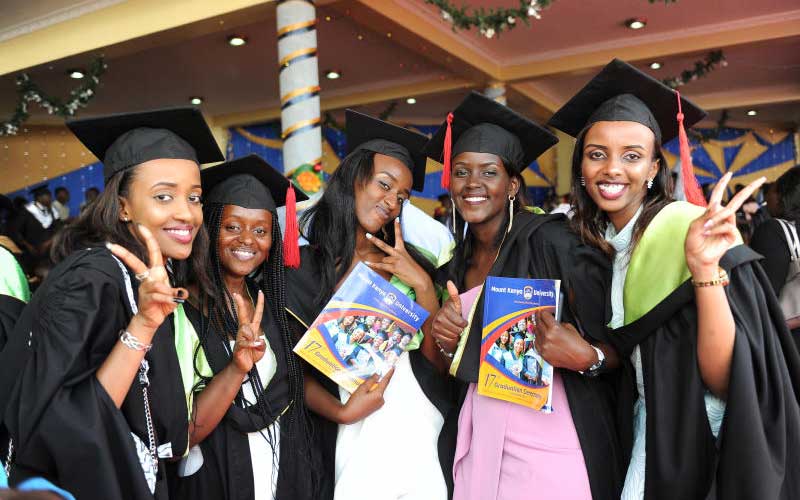×
The Standard e-Paper
Stay Informed, Even Offline

The dreaded universities reforms debate was awakened yesterday after Education Cabinet Secretary George Magoha seemed to trash a report presented to him by Vice Chancellors of public universities.
Months after he declined to receive the reforms report prepared by the Vice Chancellors, Prof Magoha yesterday gave the strongest indication on universities mergers in an elaborate restructuring plan.